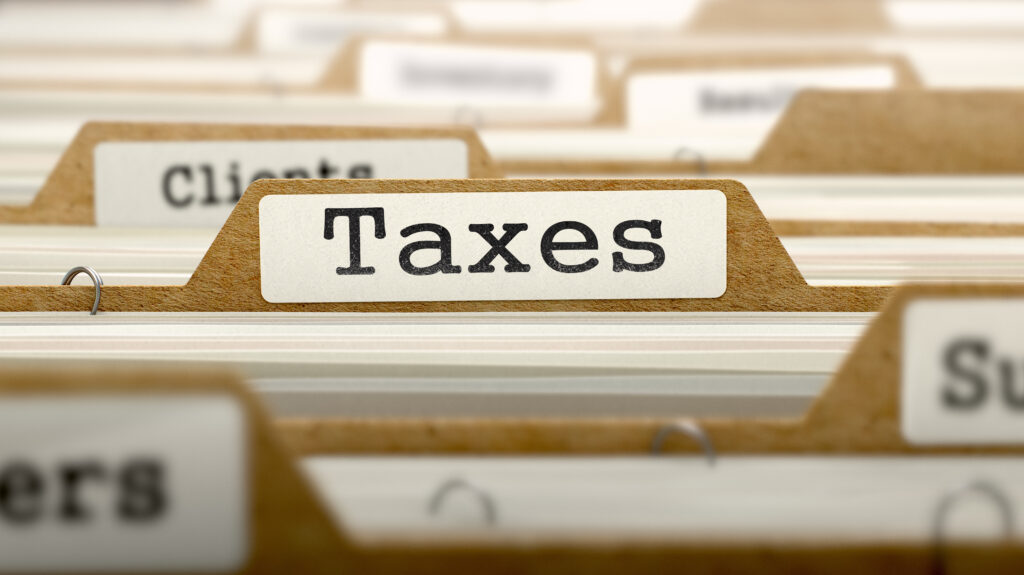Bankruptcy is a legal process that provides individuals and businesses with a fresh start by eliminating or restructuring debt. While bankruptcy can be a lifeline for those facing financial hardship, it’s crucial to understand the potential tax implications before proceeding. In Utah, like in other states, the intersection of bankruptcy and tax law can be complex. This guide aims to shed light on the key tax issues to consider when contemplating or undergoing bankruptcy in Utah.
Understanding Bankruptcy in Utah
Utah offers two main types of bankruptcy for individuals:
- Chapter 7 Bankruptcy: This is known as liquidation bankruptcy. It involves selling non-exempt assets to repay creditors, with most remaining debts discharged.
- Chapter 13 Bankruptcy: This is a reorganization bankruptcy. It allows individuals to restructure their debts into a manageable repayment plan over three to five years.
Businesses in Utah can also file for Chapter 7 bankruptcy or, in some cases, Chapter 11 bankruptcy (reorganization for larger entities).
Key Tax Implications of Bankruptcy in Utah
- Cancellation of Debt Income (CODI): When debts are discharged in bankruptcy, the forgiven amount may be considered taxable income by the IRS. This is known as CODI. However, there are exceptions. In Chapter 7 bankruptcy, CODI may be excluded if the debtor is insolvent (liabilities exceed assets) both before and after the debt discharge. In Chapter 13, CODI is generally not taxed if the plan is completed successfully. In the vast majority of the cases, there is no taxable income from discharging debts if your accountant handles your tax returns correctly.
- Tax Refunds: Tax refunds received during bankruptcy may become property of the bankruptcy estate and be used to repay creditors. It’s essential to consult a Utah bankruptcy lawyer to understand how this might apply to your situation.
- Priority Tax Claims: Certain tax debts, like recent income taxes, may be considered priority claims in bankruptcy. This means they are paid before other unsecured debts.
- Loss of Tax Attributes: Bankruptcy can lead to the loss of certain tax attributes, like net operating losses (NOLs) or tax credits.
- Business Tax Considerations: For businesses, bankruptcy can trigger additional tax complexities related to asset sales, partnerships, and other factors.
Seeking Professional Guidance
Navigating the tax implications of bankruptcy requires expert guidance. One of our qualified Utah bankruptcy lawyers can help you understand:
- Whether bankruptcy is the right option for your financial situation
- The specific tax implications you may face
- Strategies to minimize potential tax liabilities
- How to protect your assets and maximize your financial recovery
Rulon T. Burton & Associates: Your Trusted Utah Bankruptcy Partner
At Rulon T. Burton & Associates, we have a team of experienced bankruptcy attorneys who understand the intricacies of both bankruptcy and how taxes are impacted by bankruptcy. We provide personalized, compassionate legal counsel to individuals and businesses facing financial challenges. Our goal is to help you achieve a fresh start and build a secure financial future.
Contact us today for a confidential consultation to discuss your options and develop a personalized bankruptcy strategy tailored to your needs.
Disclaimer: This blog post is for informational purposes only and should not be considered legal or tax advice. Consult with one of our qualified professionals for advice specific to your circumstances.
